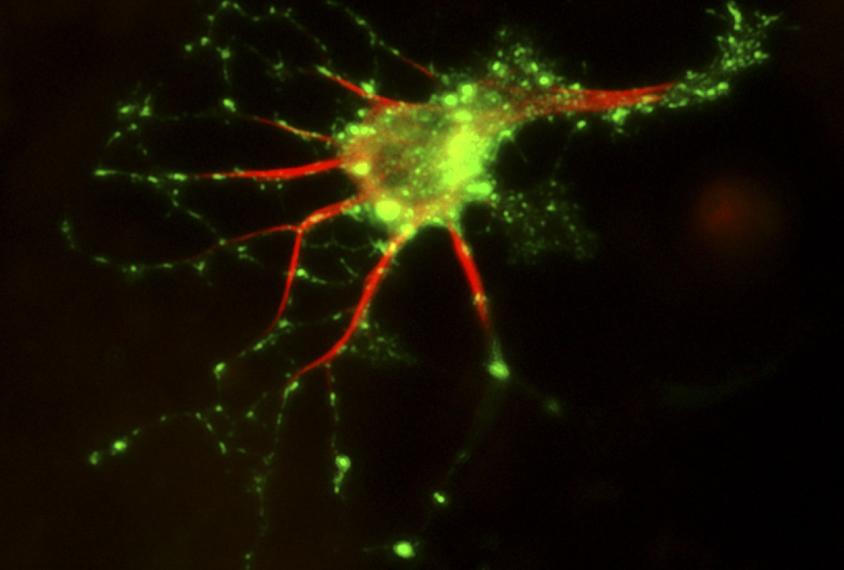ASHG 2016
Recent articles
Many people harbor large mutations linked to autism
DNA deletions and duplications tied to autism crop up in people without the condition, too.

Many people harbor large mutations linked to autism
DNA deletions and duplications tied to autism crop up in people without the condition, too.
Drug duo may reverse effects of Rett mutations in cells
A pair of existing drugs normalizes the appearance and activity of neurons derived from the skin of individuals with Rett syndrome.

Drug duo may reverse effects of Rett mutations in cells
A pair of existing drugs normalizes the appearance and activity of neurons derived from the skin of individuals with Rett syndrome.
‘Synonymous’ mosaic mutations may up autism risk
A type of mutation long thought to be harmless has turned out to play an unexpected role in autism.

‘Synonymous’ mosaic mutations may up autism risk
A type of mutation long thought to be harmless has turned out to play an unexpected role in autism.
Explore more from The Transmitter
Mitochondrial ‘landscape’ shifts across human brain
Evolutionarily newer regions sport mitochondria with a higher capacity for energy production than older regions, according to the first detailed map of the organelles in a tissue slice, adding to mounting evidence that the brain features a metabolic gradient.

Mitochondrial ‘landscape’ shifts across human brain
Evolutionarily newer regions sport mitochondria with a higher capacity for energy production than older regions, according to the first detailed map of the organelles in a tissue slice, adding to mounting evidence that the brain features a metabolic gradient.
Expediting clinical trials for profound autism: Q&A with Matthew State
Aligning Research to Impact Autism, a new initiative funded by the Sergey Brin Family Foundation, wants to bring basic science discoveries to the clinic faster.

Expediting clinical trials for profound autism: Q&A with Matthew State
Aligning Research to Impact Autism, a new initiative funded by the Sergey Brin Family Foundation, wants to bring basic science discoveries to the clinic faster.
This paper changed my life: Shane Liddelow on two papers that upended astrocyte research
A game-changing cell culture method developed in Ben Barres’ lab completely transformed the way we study astrocytes and helped me build a career studying their reactive substates.

This paper changed my life: Shane Liddelow on two papers that upended astrocyte research
A game-changing cell culture method developed in Ben Barres’ lab completely transformed the way we study astrocytes and helped me build a career studying their reactive substates.